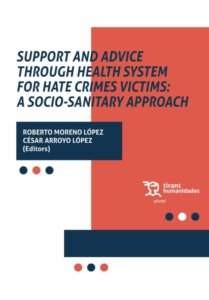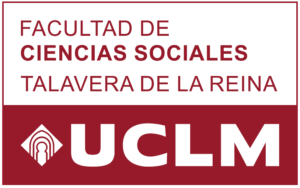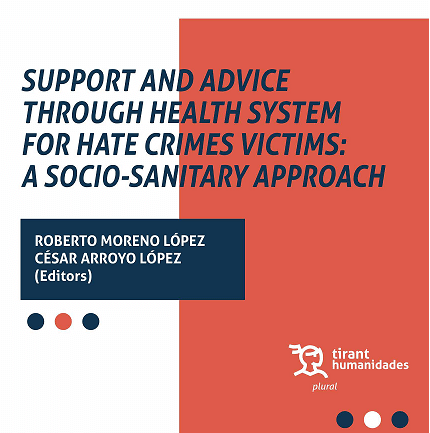SUPPORT AND ADVICE THROUGH HEALTH SYSTEM FOR HATE CRIMES VICTIMS: A SOCIO-SANITARY APROACH
APOYO Y ASESORAMIENTO A TRAVÉS DEL SISTEMA DE SALUD PARA VÍCTIMAS DE DELITOS DE ODIO: UN ENFOQUE SOCIO-SANITARIO
Editors
ROBERTO MORENO LÓPEZ Y CESAR ARROYO LÓPEZ

CONTRIBUTORS
Roberto Moreno López
Cesar Arroyo Lopez
Juan Antonio Flores Martos
Montserrat Pulido Fuentes
Fabieene Bider
Andreas Chatzitoffis.
Eduardo Diaz Herraiz
Rosa Marí Ytarte
Patricia Fernandez de Castro
Marija Pokos
Natalia Hipólito Ruiz
Mónica Gómez Medrano
This e-book was co-funded by the European Union’s Rights, Equality and Citizenship Programme (2014-2020)
The content of this document represents the views of the author only and is his/her sole responsibility. The European Commission does not accept any responsibility for use that may be made of the information it contains.

![]()


PUEDE ACCEDER A LA PUBLICACIÓN AQUÍ:
LIBRO EN PDF
FORMATO E-BOOK



